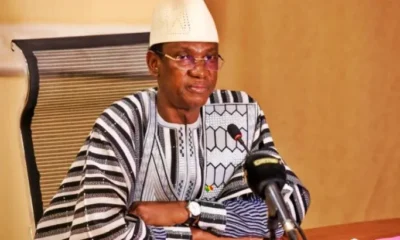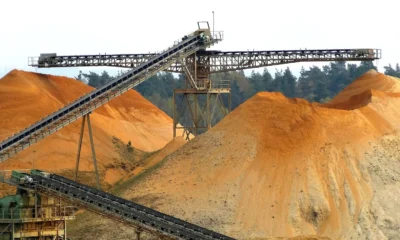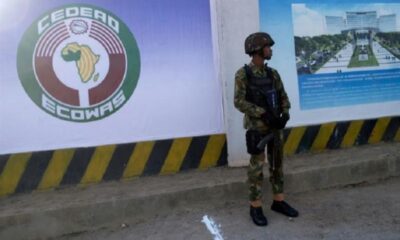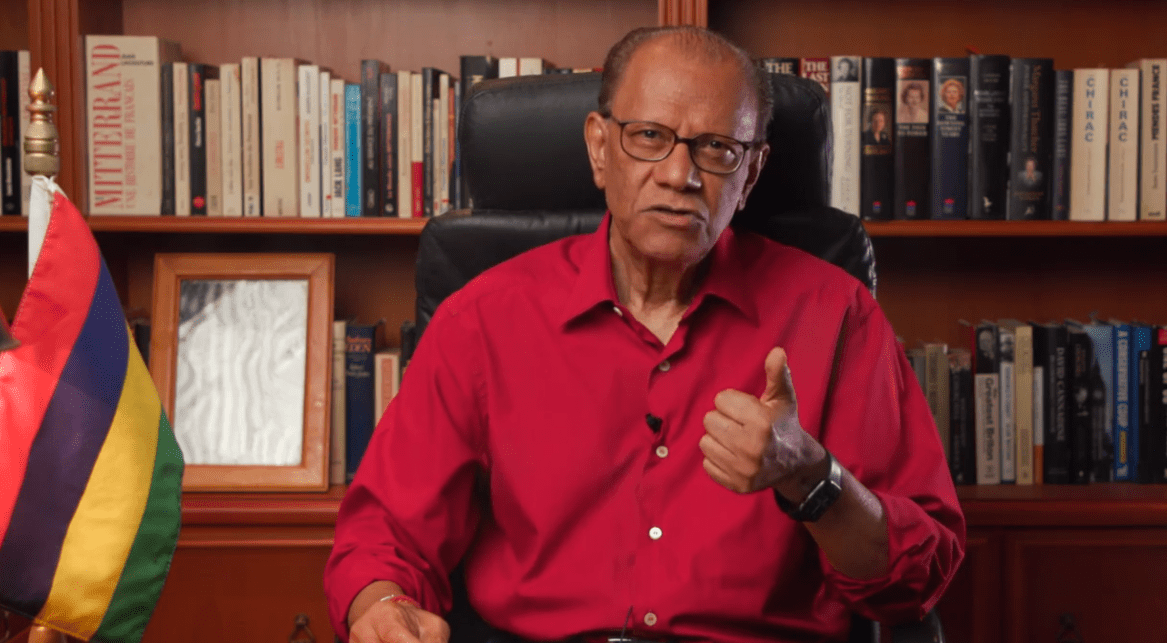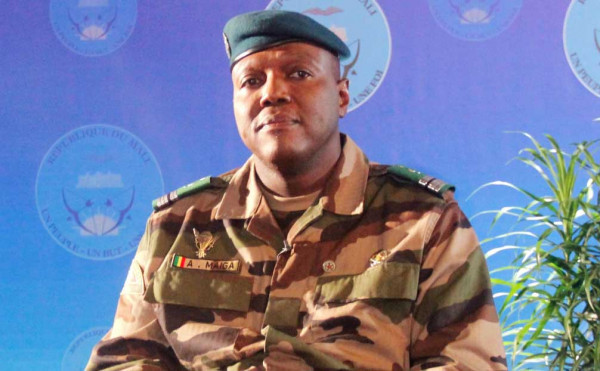According to a joint statement from three magistrate unions, at least six Burkina Faso magistrates have been conscripted into the military this month for their actions against pro-junta activists and other people.
The military dictatorship in charge of the West African nation, which took over in a coup in 2022, is notorious for treating dissent by abducting and enlisting opponents and pressuring people to report suspicious neighbours for the sake of national security.
“The magistrates’ unions have determined that these magistrates have in the recent past dealt with the cases of citizens claiming to be staunch supporters of the current government,” they said in the statement.
A judge managing the case of a pro-junta person who had triggered a landslip that killed about sixty people, as well as a prosecutor who had given police instructions to look into citizens’ allegations of forced disappearances, are among those targeted, the statement continued.
Last year, Captain Ibrahim Traoré, who is President of the Transitional Government, signed an order that set up a “general mobilisation and warning.” This gave him a lot of power to limit people’s rights, supposedly to fight terrorist groups. The order said that the transitional government could demand people, goods, and services, and it also gave them the power to limit certain rights.
Reports of arbitrary or illegal killings, including killings that didn’t happen in court, enforced disappearances, torture or other cruel, inhuman, or degrading treatment or punishment by or on behalf of the government, arbitrary arrest or detention, and serious problems with the independence of the judiciary are part of human rights issues with concerns under the regime.
Human Rights Watch and Amnesty International are among the critics who have repeatedly asked the military rulers to react to these claims.
The country is battling a jihadist insurgency that began 12 years ago and has since extended over the Sahel region south of the Sahara.
Burkina Faso junta conscripts magistrates. Here’s why
According to a joint statement from three magistrate unions, at least six Burkina Faso magistrates have been conscripted into the military this month for their actions against pro-junta activists and other people.
The military dictatorship in charge of the West African nation, which took over in a coup in 2022, is notorious for treating dissent by abducting and enlisting opponents and pressuring people to report suspicious neighbours for the sake of national security.
“The magistrates’ unions have determined that these magistrates have in the recent past dealt with the cases of citizens claiming to be staunch supporters of the current government,” they said in the statement.
A judge managing the case of a pro-junta person who had triggered a landslip that killed about sixty people, as well as a prosecutor who had given police instructions to look into citizens’ allegations of forced disappearances, are among those targeted, the statement continued.
Last year, Captain Ibrahim Traoré, who is President of the Transitional Government, signed an order that set up a “general mobilisation and warning.” This gave him a lot of power to limit people’s rights, supposedly to fight terrorist groups. The order said that the transitional government could demand people, goods, and services, and it also gave them the power to limit certain rights.
Reports of arbitrary or illegal killings, including killings that didn’t happen in court, enforced disappearances, torture or other cruel, inhuman, or degrading treatment or punishment by or on behalf of the government, arbitrary arrest or detention, and serious problems with the independence of the judiciary are part of human rights issues with concerns under the regime.
Human Rights Watch and Amnesty International are among the critics who have repeatedly asked the military rulers to react to these claims.
The country is battling a jihadist insurgency that began 12 years ago and has since extended over the Sahel region south of the Sahara.

 Politics2 days ago
Politics2 days ago
 VenturesNow2 days ago
VenturesNow2 days ago
 Metro2 days ago
Metro2 days ago
 Musings From Abroad2 days ago
Musings From Abroad2 days ago


